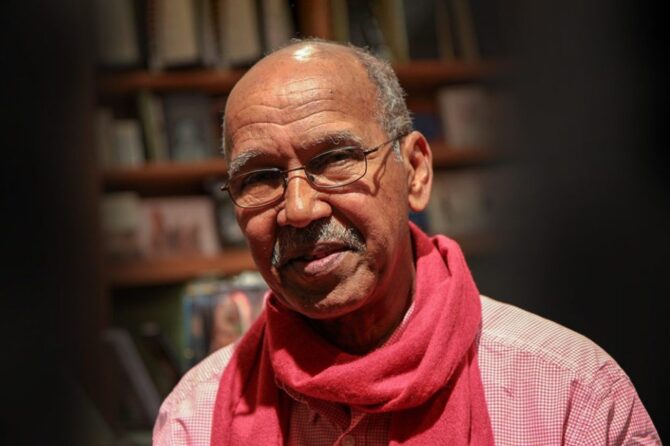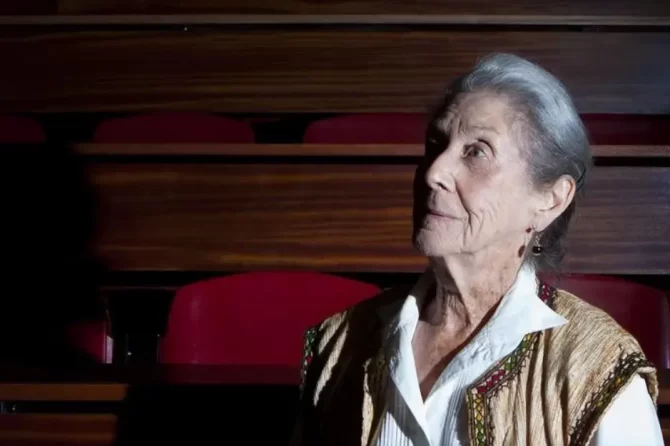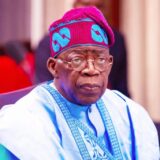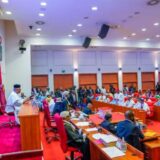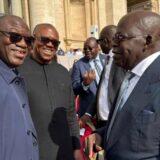Welcome to “Literary Icons”: Exploring the Legacy of Africa’s Greatest Writers
Welcome to Literary Icons, your gateway to discovering the rich tapestry of African literature through the lives and works of its most celebrated writers. Here, we celebrate the visionaries whose words have shaped not only literature but also the cultural and social landscapes of Africa and the world beyond.
What to Expect:
- Profiles of Iconic Authors: Each week, we’ll delve into the lives of renowned African writers, exploring their journeys, inspirations, and impact on the literary world.
- In-Depth Book Analyses: We’ll feature detailed discussions on each author’s most influential works, shedding light on the themes, contexts, and unique voices that make these books timeless.
From Chinua Achebe’s masterful storytelling to Chimamanda Ngozi Adichie’s modern insights, and from Wole Soyinka’s powerful plays to Ngũgĩ wa Thiong’o’s political narratives, our posts will offer a deep dive into the brilliant minds behind Africa’s literary heritage.
Literary Icons to Discover
As we embark on this journey through African literature, here’s a brief glimpse into the 20 iconic authors you’ll be exploring, each a unique voice in the vast landscape of African storytelling:
- Chinua Achebe – Often called the father of modern African literature, Achebe’s Things Fall Apart remains a defining narrative on colonialism and identity.
- Ngũgĩ wa Thiong’o – A champion of language and decolonization, Ngũgĩ’s works, like Petals of Blood, challenge cultural imperialism and celebrate African identity.
- Wole Soyinka – Nobel laureate known for his politically charged plays such as Death and the King’s Horseman, blending Yoruba traditions with global themes.
- Chimamanda Ngozi Adichie – An influential contemporary voice, her works, including Half of a Yellow Sun, address themes of war, identity, and feminism.
- Nadine Gordimer – This South African Nobel laureate’s novels, like July’s People, explore the complexities of apartheid and human conscience.
- Tsitsi Dangarembga – Her groundbreaking novel Nervous Conditions sheds light on gender and post-colonial struggles in Zimbabwe.
- J.M. Coetzee – Another Nobel Prize winner, Coetzee’s works, such as Disgrace, explore themes of human morality and the legacies of apartheid.
- Bessie Head – Known for When Rain Clouds Gather, she addresses themes of exile, identity, and gender within post-colonial Africa.
- Ama Ata Aidoo – A fierce advocate for women’s rights, her plays and novels, including Changes, challenge societal norms.
- Mariama Bâ – Through So Long a Letter, Bâ highlights the struggles of women in patriarchal Senegalese society.
- Ben Okri – Renowned for his magical realism, his The Famished Road paints a mystical yet critical picture of post-colonial Nigeria.
- Tayeb Salih – His novel Season of Migration to the North offers a critical look at the clash of cultures and post-colonial identity.
- Nuruddin Farah – Known for his trilogy Variations on the Theme of an African Dictatorship, Farah examines political and social turmoil in Somalia.
- Leila Aboulela – In works like Minaret, Aboulela delves into themes of faith, identity, and cultural displacement.
- Ayi Kwei Armah – His The Beautyful Ones Are Not Yet Born is a stark critique of corruption and disillusionment in post-independence Ghana.
- Naguib Mahfouz – The first Arab Nobel laureate in literature, Mahfouz’s The Cairo Trilogy captures the soul of Egypt through generational storytelling.
- Yvonne Vera – With novels like Butterfly Burning, Vera highlights the resilience and struggles of Zimbabwean women.
- Mia Couto – This Mozambican writer’s works, such as Sleepwalking Land, blend magical realism with the harsh realities of war.
- Ousmane Sembène – Known as the father of African cinema, his novel God’s Bits of Wood focuses on colonial resistance and workers’ rights.
- Doris Lessing – A British-Zimbabwean Nobel laureate, Lessing’s The Grass is Singing critiques racial dynamics and settler colonialism in Southern Africa.
Through these authors and their masterpieces, we’ll uncover the diverse voices and stories that continue to shape African literature and inspire readers worldwide.
Publication Schedule:
Look forward to three posts each week—one profiling an iconic author and five each dedicated to one of their works.
Join us on this literary journey to celebrate the voices that have given Africa its profound and enduring stories. Together, let’s explore, appreciate, and be inspired by the brilliance of Literary Icons.
Stay tuned and enjoy the voyage through Africa’s literary landscape!



